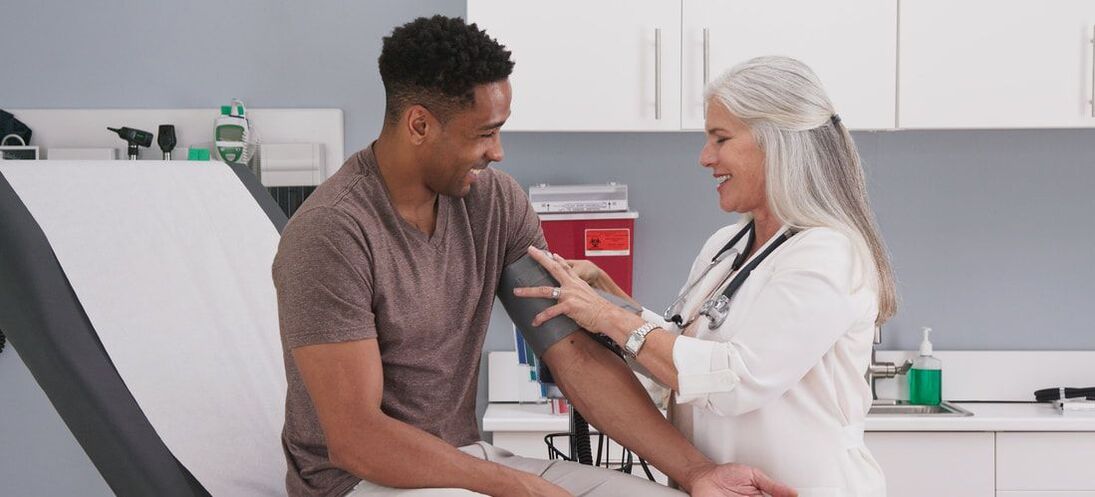|
It was the year 2012, I had been working in hospital pharmacies for over 22 years and felt like I had done it all. But then I was exposed to a new challenge: manage the pharmacy operations of our health system’s consolidated service center (CSC). We built our CSC with the purpose of better managing inventory, reducing expired medications, taking advantage of strategic purchasing, repackaging, and sterile and non-sterile compounding. Those all had clear value propositions that we had anticipated. The one activity that completely surprised me was providing pharmaceuticals and pharmacy support to our 300+ clinic locations. Conventionally, clinics receive minimal support and information regarding the medications on formulary, purchasing contracts, suppliers, shortages and management strategies, and the quantities and cost of expired drugs from that location. Often pharmacies within a health system are tasked with supporting the clinics but do not have systems to support this service. Processes are generally developed that minimally meet the need with limited ability to communicate directly with those purchasing pharmaceuticals. Most clinics receive their pharmaceuticals from the health system’s CSC, a nearby hospital pharmacy, or from a distributor like Henry Schein. Take note that it is typical for a clinic distributor to charge a “cost-plus” model while the hospitals are buying the same medications from their primary distributor in a “cost-minus” model. The swing for clinics to purchase most medications through their hospital pharmacy can be close to 10% in savings! For clinic orders to a CSC or hospital pharmacy, the orders often arrive via email, fax, or even a paper requisition that may be hand-delivered to the pharmacy. If the department or clinic is to be charged for the products, then a manual process of entering the transaction information (e.g., drugs, quantities, cost) into a spreadsheet or other program for tracking follows. The transaction information is the submitted to finance periodically to initiate journal entries. At the clinic, drugs are received and accounted for via a few different mechanisms varying in formality. Some clinics simply look through the delivery and restock the drugs while others may be required to sign a paper order to indicate the products were received which is returned to the pharmacy. There is plenty of room for things to slip through the cracks with these manual, disjointed processes. To address the issues described, a health system should consider obtaining a procurement system that will capture cost savings and simplify the ordering and fulfillment processes for their clinics. Finding a solution that addresses both the needs of those procuring pharmaceuticals and those fulfilling the orders can be challenging. Solutions have not historically been aimed at solving this problem. This is one of the reasons we developed Trulla, a pharmacy procurement system built for the entire health system, hospitals, and clinics. Trulla provides valuable information at the point of ordering simplifying the experience for the individual while standardizing purchasing and concurrently capturing cost savings for their clinic. The solution efficiently guides them to purchase the preferred product from the preferred supplier each time with real-time product selection. The ordering process is the same whether the supplier is a hospital pharmacy, a CSC, a wholesaler, or a manufacturer. Trulla can also present a limited list of drugs to the user…only those that they are authorized to buy for patient safety and efficiency, with the ability to create templates easily for even faster ordering. For fulfillment, the system provides pick lists, shipping manifests, and automatic journal entries with updated pricing. For the clinic staff, the receiving process is effortless and supported electronically to improve tracking and accountability. Utilizing a simple, efficient, and cost-effective solution to standardize purchasing for clinics will put smiles on the faces of both the clinic and pharmacy staff and will add time to their day! Angela Whitney, RPhAngela serves as COO for Trulla. She is a 340B ACE and has worked as a Director of Pharmacy, Manager of Pharmacy Operations at a Consolidated Services Center, and other pharmacy roles within a health system.
0 Comments
|
ARCHIVES
March 2022
Categories
All
Disclaimer: The information provided in this article does not constitute legal advice and should not be construed as such. Readers of this document are encouraged to contact their attorney to obtain advice with respect to any particular legal matter. The views expressed in this document are those of the author and not those of the Trulla LLC. All liability with respect to actions taken or not taken based on the contents of this document are hereby expressly disclaimed. The content in this document is provided “as is;” no representations are made that the content is error-free. |
Contact us to help you optimize your pharmacy procurement. |
E-mail: [email protected]
|


 RSS Feed
RSS Feed